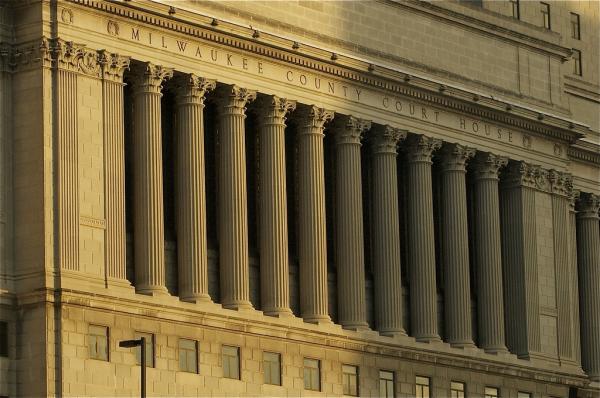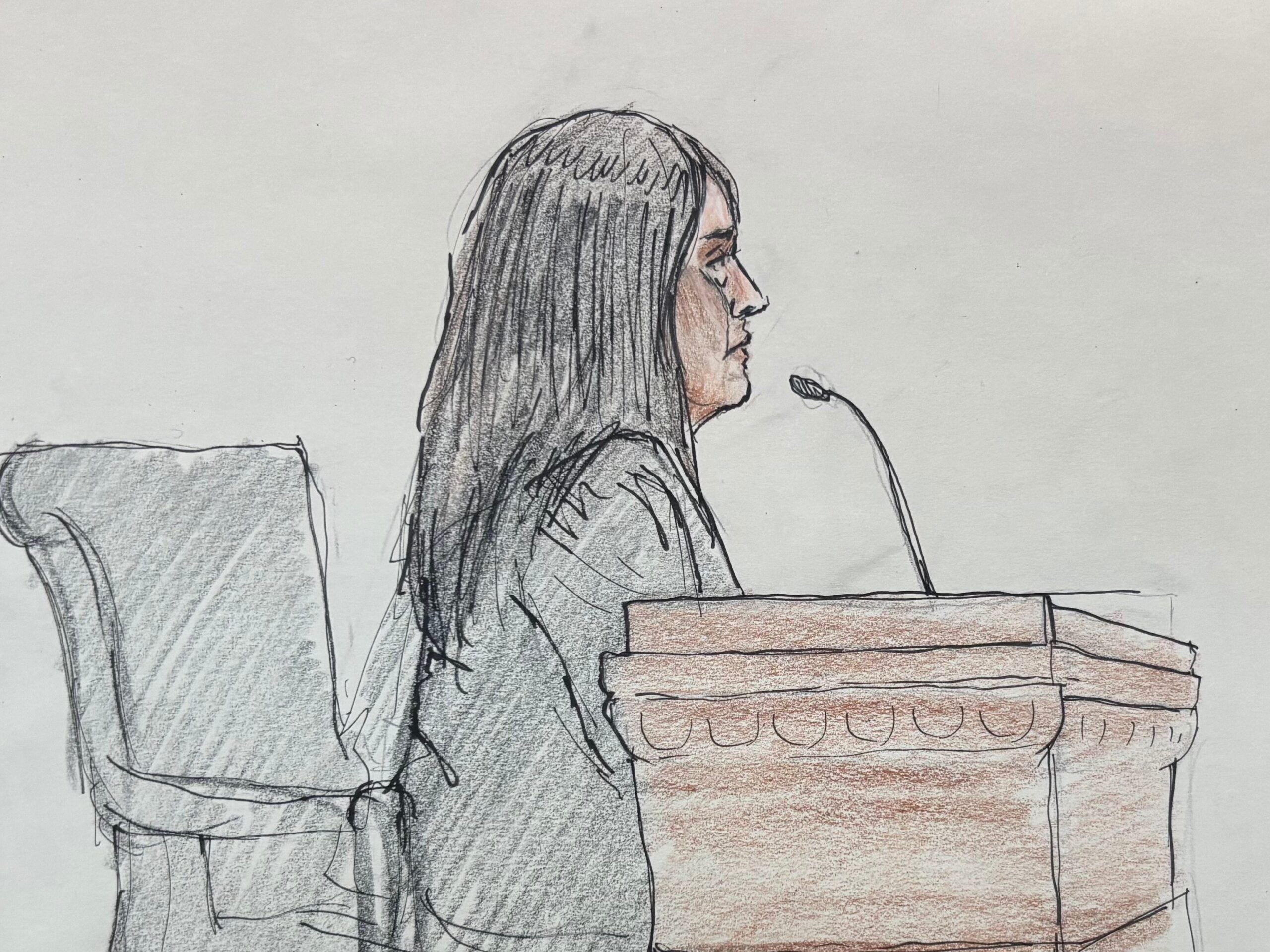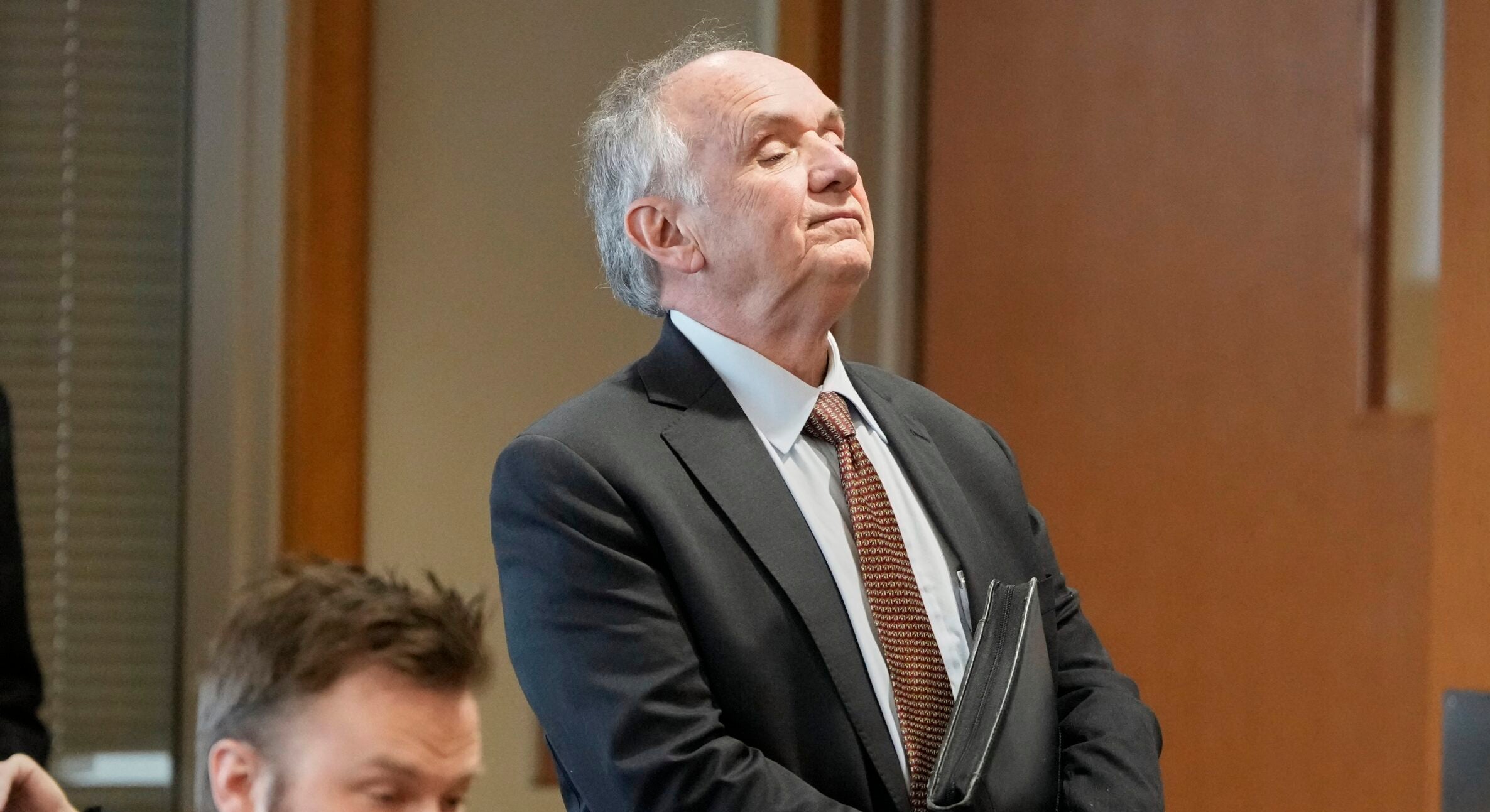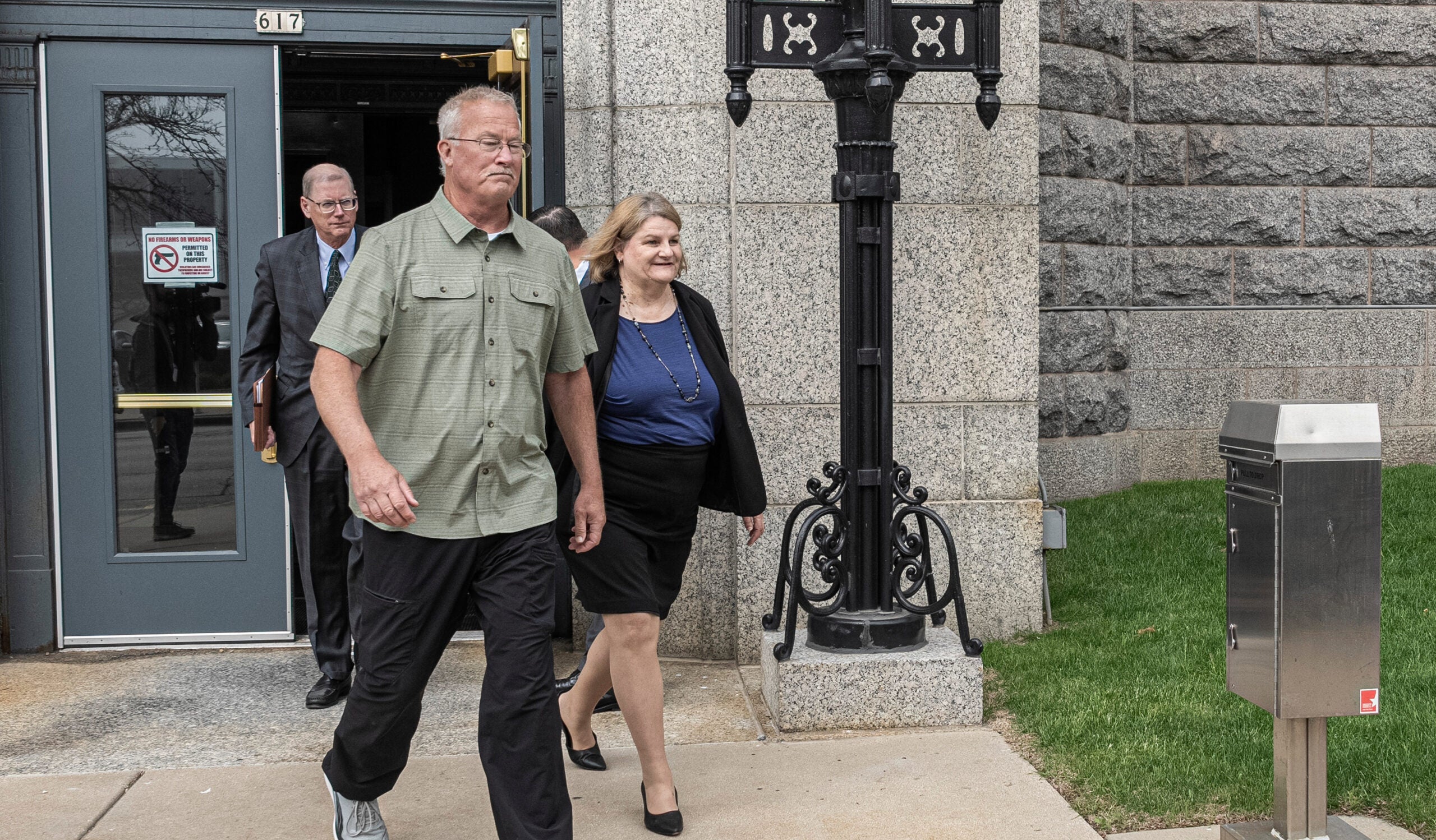In the third installment of our series on the anniversary of the U.S. Supreme Court’s Gideon v. Wainwright ruling, we examine the gap that still exists between people too poor to hire an attorney and those who qualify for a publicly funded one.
The 1963 ruling led to the creation of a statewide public defenders office. It also established a fairly smooth process for poor people charged with a criminal offense to apply for a state-funded lawyer.
UW Law Professor Walter Dickey, however, says a study carried out by the UW law school in 2001 found that as many as 35 percent of criminal defendants today still appear in court unrepresented. “Mostly [for] misdemeanors, but also felonies,” he said. “That’s a pretty big gap. That, to a great extent, is the gap between true indigency and the public defender standard.”
News with a little more humanity
WPR’s “Wisconsin Today” newsletter keeps you connected to the state you love without feeling overwhelmed. No paywall. No agenda. No corporate filter.
In 2009 that standard was raised so that an unmarried defendant who makes less than $12,000 a year would qualify for a public defender. That change and additional funding to hire more attorneys allowed the agency to represent almost 13,000 more poor defendants that year. But that still leaves a gap that county judges are expected to fill by appointing attorneys for people who earn too much to meet the 2009 standard.
Dickey says that means whether a defendant gets an attorney depends on the judge in the case. “Some judges, in effect, talk the defendant into a ‘waiver of counsel,’ and you get a guilty plea and the case is over,” Dickey says. “Sometimes you’ll see the judge telling the defendant, ‘You need to go out and find yourself a lawyer who will you defend you for nothing.’ And that’s a sort of serial process: go see three [lawyers], come back, go see three, come back. Often the defendant sort of wears out and eventually ends up entering a guilty plea without a lawyer.”
Dickey says unfortunately, how a judge deals with such cases is often driven more by the county budget than by the demands of assuring a fair trial.
Milwaukee attorney James Shellow remembers an incident in the late 1960s, after the Gideon ruling, that illustrates the point. A judge called him into his chambers and asked if Shellow’s firm would represent clients who couldn’t afford to pay, but added this caveat: “The judge said, ‘But of course you wouldn’t file the motions and made the legal arguments that you make on behalf of your rich clients, because the county can’t afford that kind of expense,’” Shellow recalled.
Shellow assured the judge he would not submit a bill but insisted his firm would treat those clients like everybody else. “[The judge] said, ‘Thank you very much.’ I left. We were never appointed.”
There are those in the justice system who want to go even further, to insure all poor clients get represented in court. They want to expand the right to an attorney to include people facing civil charges where their basic human needs, such as housing or the loss of welfare benefits, are at stake. It’s referred to as “Civil Gideon.”
Milwaukee Judge Thomas Donegan argued the need for funding attorneys in such cases before the state Supreme Court in 2011. “We’re making sure there’s fairness in our system and I think that’s as least as important as paving roads and keeping up the boulevards and making sure we have a nice zoo,” he said. “We had better say, ‘We’re the courts and we know people need fairness.’ What else are we about if we’re not about that?”
It would cost an estimated $50 million to meet the needs of poor defendants in civil cases, and so far neither state nor local government has been prepared to foot that bill.
Wisconsin Public Radio, © Copyright 2025, Board of Regents of the University of Wisconsin System and Wisconsin Educational Communications Board.






